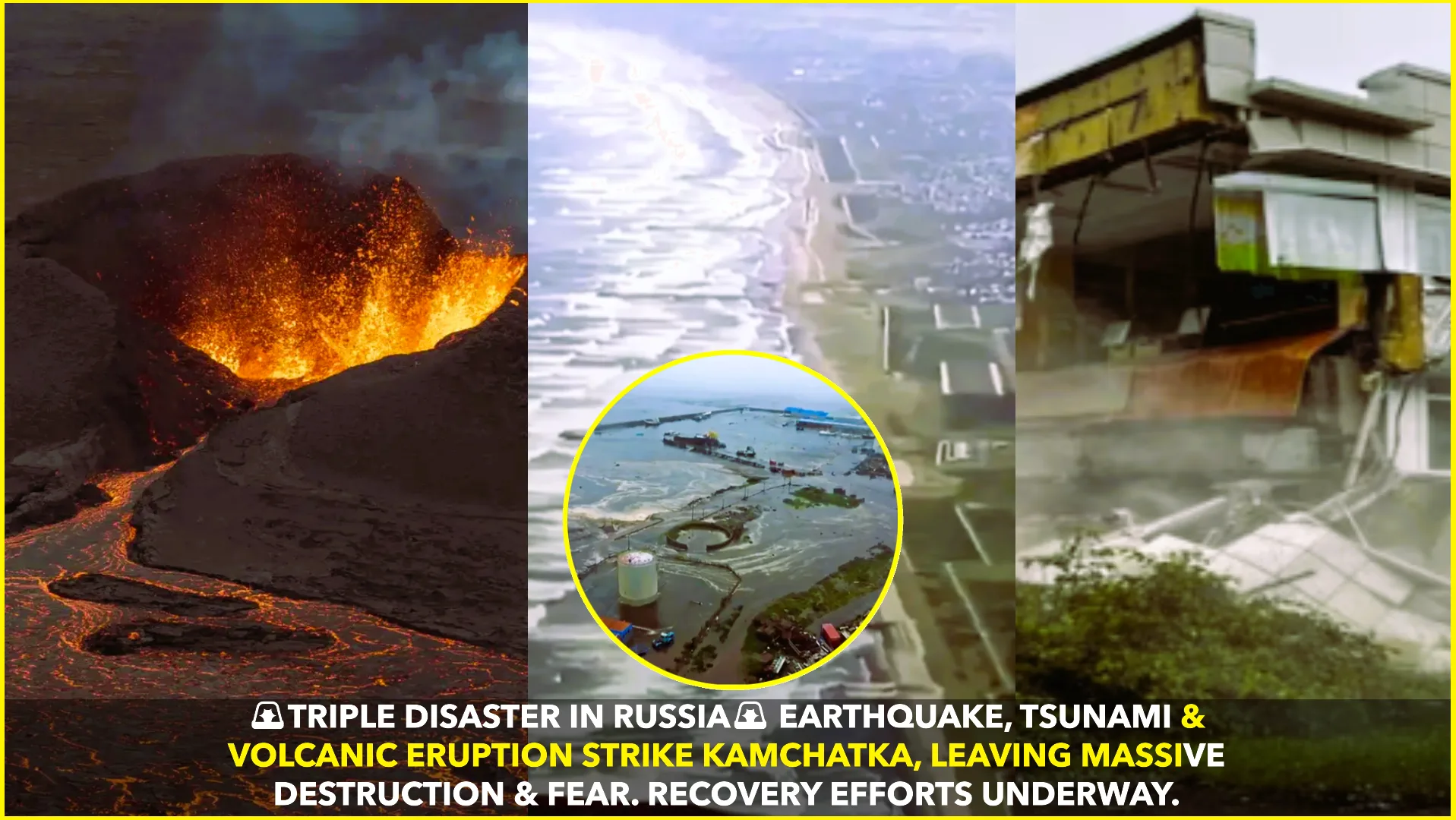A shocking incident at South Africa’s SANAE IV research station in Antarctica has led to an official investigation after a scientist allegedly attacked a fellow team member. The incident, which occurred in the remote and extreme conditions of the icy continent, has raised serious concerns about safety, mental well-being, and the challenges of long-term isolation in research stations.
Details of the Incident
According to preliminary reports, the altercation took place at the SANAE IV base, which is South Africa’s primary Antarctic research station, situated on the Vesleskarvet nunatak in Queen Maud Land. The base operates under the Department of Forestry, Fisheries and the Environment (DFFE) and hosts scientific teams conducting research in fields such as climate science, meteorology, and glaciology.
While officials have not released the identities of those involved, sources suggest that tensions among the team may have contributed to the altercation. Given the harsh and isolated environment, psychological strain is often a factor in conflicts that arise in such settings.
Investigation Underway
Authorities have confirmed that an official investigation is now in progress. The DFFE, along with relevant Antarctic governing bodies, is working to gather facts surrounding the incident. Given the station’s remote location and logistical challenges, officials are assessing the best course of action for addressing the situation and ensuring the safety of all personnel.
A statement from the DFFE acknowledged the seriousness of the matter, emphasizing that the well-being of team members is a priority. “We are taking this incident very seriously and have initiated a full investigation. We will ensure that appropriate measures are taken to prevent future occurrences,” the statement read.
Challenges of Living in Antarctic Stations
Life at Antarctic research bases is physically and mentally demanding. Teams often spend months in isolation, facing extreme cold, 24-hour darkness during winter, and limited social interaction outside their small group. These conditions can lead to increased stress and tension among personnel, potentially contributing to conflicts.
Psychologists who study Antarctic missions note that even the most highly trained individuals can experience psychological strain in such conditions. Research suggests that isolation, extreme weather, and lack of personal space can lead to increased irritability, depression, and interpersonal conflicts. Many Antarctic programs include psychological screenings before deployment, but incidents can still occur.
Potential Repercussions
The outcome of the investigation could have significant implications for policies governing Antarctic missions. Depending on the findings, there may be new protocols introduced to enhance mental health support, conflict resolution mechanisms, and emergency response strategies at remote stations.
Additionally, this incident may prompt discussions among international Antarctic research organizations on improving living conditions and psychological support for researchers working in extreme environments.
Looking Ahead
The scientific community and authorities will closely monitor the developments of this case as investigators work to determine the circumstances of the attack. Meanwhile, South Africa’s Antarctic research program is expected to review its procedures to prevent similar incidents in the future.
While the SANAE IV base continues its vital scientific work, this event serves as a stark reminder of the unique challenges faced by those working in some of the world’s most extreme and isolated environments.










